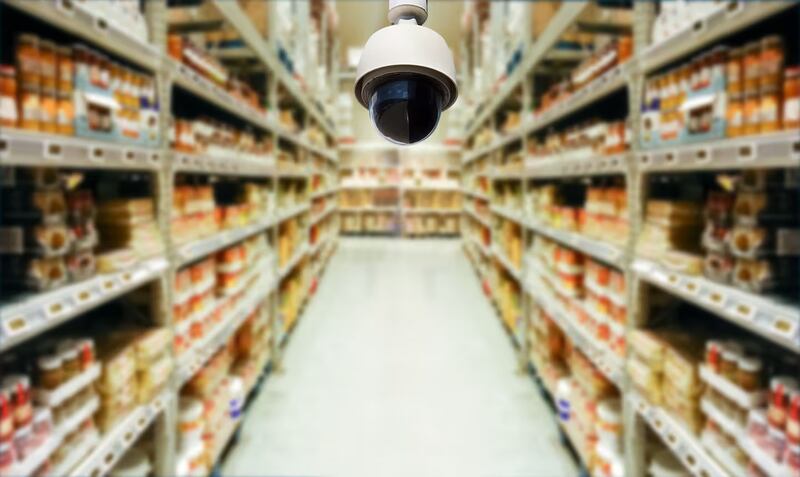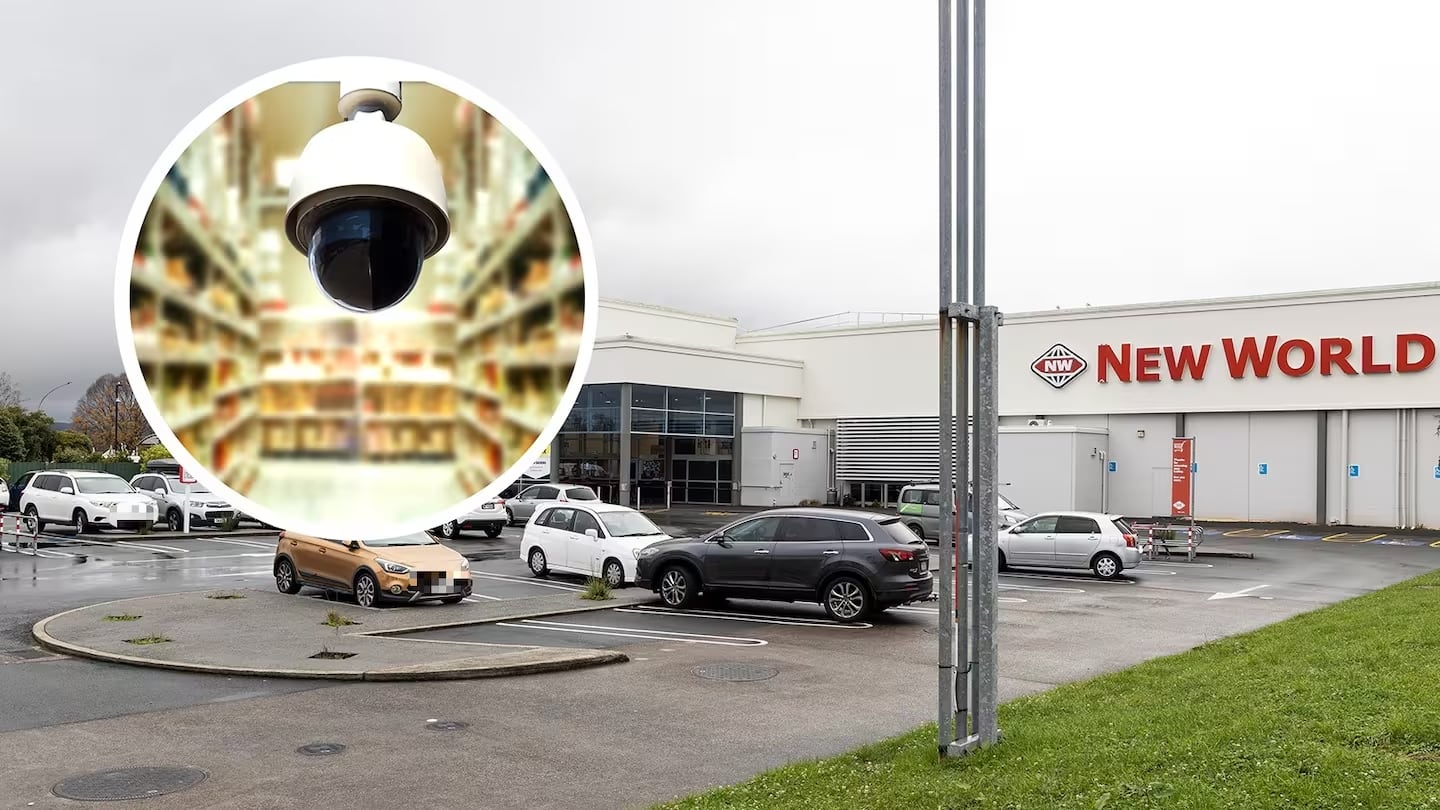A Māori mum misidentified as a trespassed “thief” at a Rotorua supermarket trialling facial recognition technology says she felt “racially discriminated” against and embarrassed during the “horrible” birthday incident.
The supermarket, New World Westend, says it was a “genuine case of human error” and would apologise.
The store is part of a six-month trial of facial recognition technology in 25 of Foodstuffs’ North Island supermarkets, which is being monitored by the Privacy Commissioner.
The technology scans customers’ faces and compares these images to those on the store’s databases of known offenders or suspects.
‘You have been trespassed’
Te Ani Solomon said she had lived and worked in Rotorua for 12 years and shopped at the New World often, without incident.
She said on the evening of April 2, her 47th birthday, she stopped in with her teenage son to buy chops to go with fried rice from a Chinese takeaway.
She said two male staff approached her in the meat section and one got “literally in [her] face” and loudly told her: “You have been trespassed and you need to go”.
Solomon said she pulled away in disbelief, and told him he had the wrong person and she had never been trespassed in her life.
She said they insisted she leave, even when she offered photo identification.
As she gave them three forms of ID, she said she saw an image on a phone they had been looking at that appeared to be of a Māori woman wearing a cap.

Solomon said she told them the image was not her and, “just because I’m black and wear a cap you twats have decided that’s me”.
She said she was outraged when they continued to question her identity and told them off for embarrassing her and suggesting she was a “thief”.
She said she told them: “No way in hell is that’s me, you’ve got my three forms of ID, so you can take your dirty picture and **** off.”
Birthday ‘ruined’
Solomon said the “horrible” ordeal went on for about 10 minutes before she and her son left the store without the chops, and she broke down in tears in the carpark.
She said she felt helpless and the incident “ruined what was until then a wonderful birthday”.
She said she understood supermarkets suffered losses from shoplifters but believed no one should have to endure what she viewed as “deliberate intimidation” and “disrespect”.
Solomon said she had not known the store was operating a facial recognition trial and would hate for anyone else to go through what she experienced.
She said she felt “racially discriminated” against by the men and described their conduct as “unconscionable”.
She said it scared her that this happened despite staff having training for the trial.
“I feel like I’m at risk everywhere I go now, it’s horrible.”
Solomon said the store had since contacted her to arrange a meeting about the incident.
‘Genuine case of human error’
A Foodstuffs spokesperson said on April 2 a duty manager and colleague “approached a customer they thought had previously offended” at the store.
“Ultimately it was a genuine case of human error. When the customer was approached, understandably they became upset.
“The customer has every right to be upset and we can completely understand her reaction. When we make a mistake, we own it and act quickly to put things right.”
All appropriate staff would receive further training and the incident would be reported to the Office of the Privacy Commissioner.

“We apologise to the customer and will be contacting her directly to apologise for what’s happened.”
Before an alert from the facial recognition system was acted on, two trained team members must verify the matched image was of a person enrolled in the system, they said.
“In this case, our team didn’t err on the side of caution and got it wrong.”
The store took customer and team safety “very seriously” and retail crime was a “significant problem” at New World Westend. That included an alleged recent assault by a customer that put a duty manager in hospital.
“This year the team has reported over 100 incidents of retail crime in the store and has over 250 individuals trespassed.”
False matches ‘more likely’ for people of colour
Last week Privacy Commissioner Michael Webster launched an inquiry into Foodstuffs’ facial recognition trial to monitor whether it complied with the Privacy Act and was effective in reducing harmful behaviour at those supermarkets.
In a written statement, a spokesperson from the Commissioner’s office said he was concerned about “bias and accuracy” and facial recognition technology (FRT) not being “a proven tool” to reduce harmful behaviour in supermarkets.
“Global evaluations of even the most accurate FRT software show that false matches are more likely to happen for people of colour, particularly women of colour.”

The software was also not trained on New Zealand’s population and he did not want to see people falsely accused or incorrectly banned from their local supermarket.
Consumer New Zealand’s chief executive Jon Duffy said the use of this technology was “highly invasive” from a privacy perspective, “like using a sledgehammer to crack a nut”.
“Many New Zealanders don’t have a choice where they shop which means they may be forced to give up their data, whether they like it or not.”

He said Consumer NZ shared concerns about evidence the technology could be unreliable and what this meant when “profiling” some racial groups.
“With this training offshore, the likelihood of being able to distinguish individuals who are Māori and Pasifika could well be lower,” he said.
“To go to a store and be accused of committing a crime is humiliating and terrifying and this is not something we should be taking chances on.”


